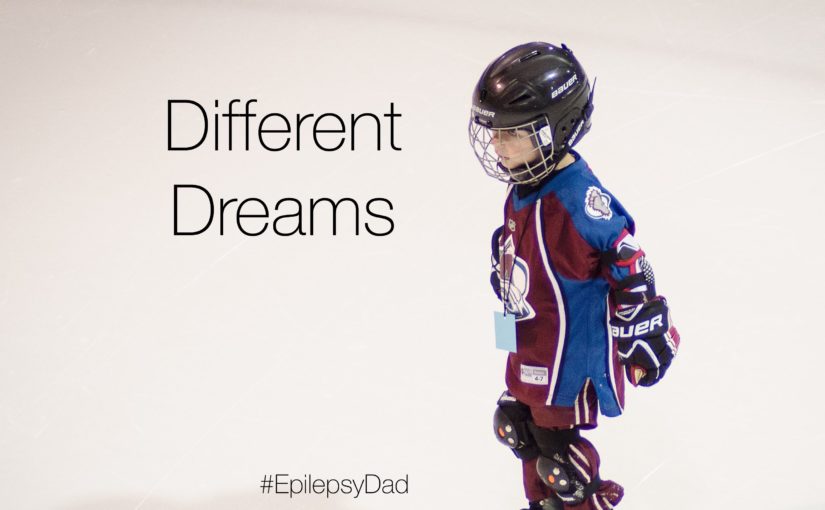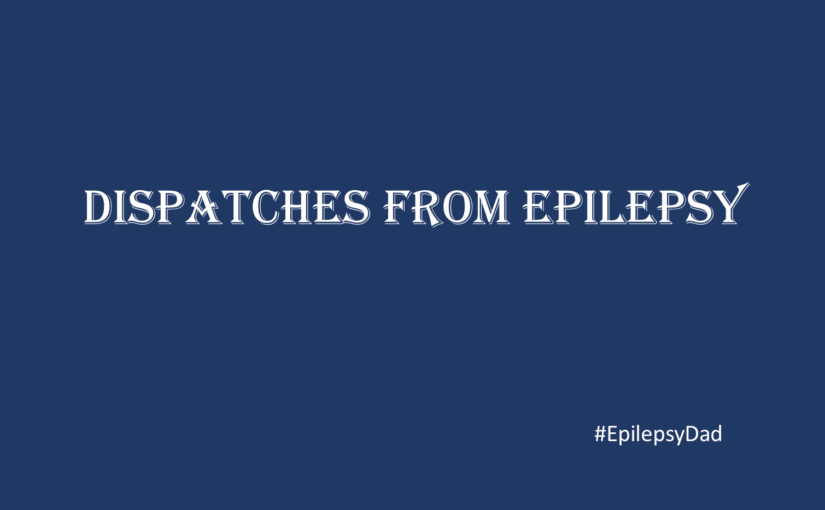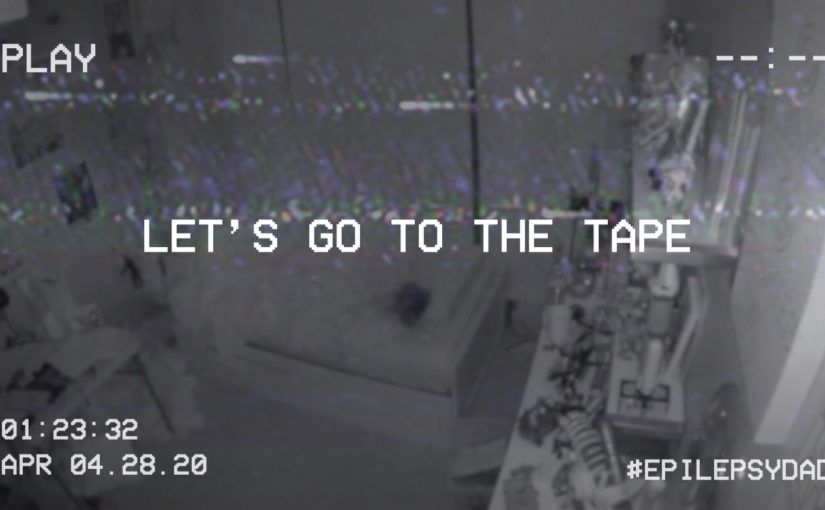I don’t remember ever having dreams of what I wanted to be when I grew up. I had friends who wanted to be cowboys, or baseball players, or astronauts when they were children. As they matured, they wanted to be doctors, or lawyers, or police officers. And I once knew a person who dreamed of being a circus performer, which might seem weird, but I knew him in a city that had a “clown college.” But I don’t remember having dreams of my own. I knew someday that I would be older, but I didn’t know what I wanted to be doing when that day arrived.
After we moved to Florida in my mid-teens, I got it in my head that I wanted to be a marine biologist. It seemed like a good fit. I spent most of my summers when I was younger in the water, catching fish and crabs. I wasn’t afraid to pick up the random sea creatures that I’d come across. And, most importantly, a girl that I had a major crush on also wanted to be a marine biologist and she agreed to be my lab partner because of this newly developed common interest.
I would have made an excellent marine biologist. Ignore the fact that I won’t go in water that is below 80 degrees. Ignore the fact that I’m more of a sinker than a swimmer. Ignore the fact that I don’t like being cold and wet. Ignore the fact that I get seasick. If you ignore all the things that are in the job description that involves being in or on the water, I would have been great.
So, I signed up for a marine biology class in high school and sat across the room, watching my romantic interest instead of the fish. But she was watching the fish, but also started seeing one of the popular kids. As a result, my interest in her began to wane, and, coincidentally, so did my interest in becoming a marine biologist.
My son, however, has known since he was born that he wanted to be a hockey player. He and I started playing hockey together before he could walk, and his love for the sport has only grown. Over the years, he’s added careers like a baseball player and professional video gamer. But they have been “in addition to” never “instead of.” Even now, at ten years old, he’s waiting for the call from the Colorado Avalanche or the Vegas Golden Knights to tell him they need him, and we’ll be on a plane.
To help him pursue that dream, I took him to skating lessons starting when he was two. At four, we added the hockey classes. The look on his face when he got his first official jersey is etched in my mind.
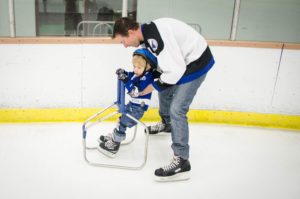
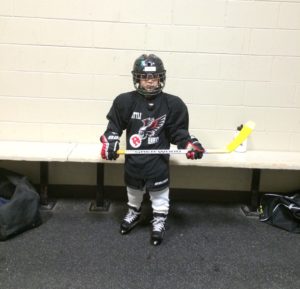
But then, just before his fifth birthday, he had his first seizure.
The first seizure didn’t adjust his course, but the second one did. And the third. And the three months in the hospital battling status. And the exhaustion and side effects of the medication. For more than two years, we struggled to get him back on the ice. We’d play hockey in the basement, but the level of exertion necessary to be on the ice and playing hockey was too much. We’d try a few classes, and his body would shut down for days. During one class, he had a seizure. The fighter that he is, he got right back up and tried to participate, but we needed to keep him off the ice for his safety until we could figure something out.
We added tee-ball and baseball since those sports were easier to manage breaks and his level of effort. He is good at baseball, and he likes it, but he keeps asking about hockey. He has a friend who has been playing for a few years now, and I can hear it when he talks about his friend that he wishes it was him on the ice instead. But it isn’t. And the reality is that I don’t know if it ever will be.
The reality is that my son’s seizures are still not under control. The reality is that the more he pushes himself, physically and mentally, the more exhausted he gets, and the more seizures he has, which perpetuates the cycle. No one can tell us if that will ever get any better, so we’ve tried to structure his life in a way where he gets the most out of it while minimizing the impact of his epilepsy. But the thing that he loves the most, the thing he’s dreamed about all his life, is the thing we haven’t figured out how to give back to him.
I never had dreams when I was younger, so I don’t feel any remorse or regret for where I wound up. I think I am where I am supposed to be, with the family I love and a job in a field that I’m good at and find rewarding. Looking back, the choices that I made, even subconsciously, all aligned on a clear path to here.
I believe the same will happen for my son. He will be where he is supposed to be. But I’ve always wanted to give him every opportunity to succeed, every opportunity to explore every possibility, and to feel supported every step of the way. Part of my purpose is giving that to him, and doing everything I can to help him achieve his dreams.
It breaks my heart to think that I may need to tell him that he needs to have different dreams.
